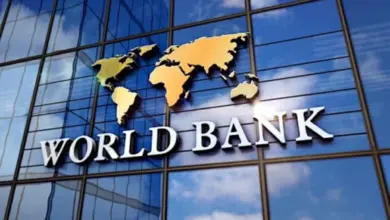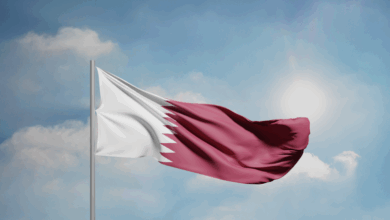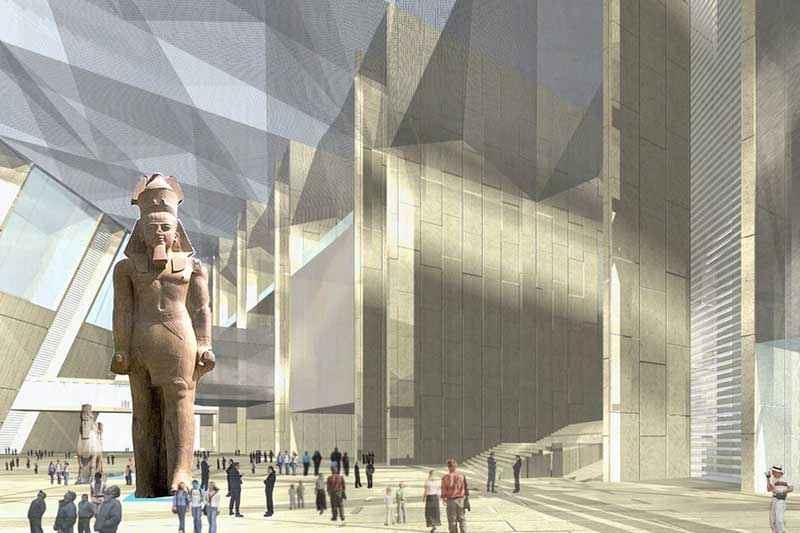The Minister of Trade and Industry Rachid Mohamed Rachid emphasized that there are several elements that will ensure the success of the Euro-Mediterranean alliance, and that this alliance will avoid the obstacles encountered by the Barcelona Process, which was restricted to the countries on the north and south shores of the Mediterranean Sea.
The age of the Global North imposing demands on the Global South has passed, and no decisions can be issued by the North without consulting the South, said Rachid in remarks delivered while attending the opening ceremony of the Euro-Mediterranean conference on industry on Wednesday. The previous arrangement led to the failure of the previous agreements.
The presidency of the Euro-Mediterranean region is currently shared by states from the North and the South, said Rachid, adding that the new alliance depends on shared projects and initiatives, and that every country has the right to choose which projects are suited to the country, which was not the case with the Barcelona Alliance. Such an arrangement provides the countries of the South with the freedom to act as they see fit, particularly in respect to participation with Israel. The agreement stipulates that states are not obligated to work with Israel if they do not desire to do so.
These changes will be submitted to the Mediterranean Union’s ministers of trade and industry, as well as the presidency which is shared by Egypt and France. The changes will also be presented at an upcoming summit to be convened in Barcelona in June.
The President of the alliance’s Industrial Union Galal el-Zuria, said 7,454 bilateral meetings have been held between participating companies, leading to 931 agreements on investment projects between participating states. Naguib Sawiris, who received the Blue Mediterranean award from the union, presided over the proceedings of the Arab-German chamber and stressed the importance of investment in Mediterranean states to create work opportunities. Shared investment supports the transfer of modern technology and management techniques to the developing areas in the region, he said.
Amr Moussa, secretary general of the Arab League, was also honored at the conference.
The European Union has given more than 22 billion euros to states on the southern shore of the Mediterranean since the beginning of the Barcelona process, said Mark Franco, ambassador from the European Union. It has also provided these countries with more than 19 billion euros in soft loans, he added.
Hamad Qasan, chair of the Moroccan industrial chamber confirmed that the Barcelona project had failed, stressing that the desire of the southern states to catch up to their northern counterparts did not occur. The group failed to establish a free trade area, as the southern states were forced to negotiate individually with a united Europe.
The EU signed partnership agreements with all of the states in the alliance with the exception of Syria due to political considerations, said Barry Das, vice-president of the Spanish Union of Employers and president of the Internal Market Council for the European Union.
The full partnership requires greater reform, particularly in the fields of intellectual property rights and services, and better mechanisms to settle disputes, he added. There are many opportunities for the European private sector to help develop financial, wireless and logistical services in the southern states, Das added.
Adham Nadim, director of the Industrial Modernization Center, said he had opened channels of communication with donors to maximize the benefits accrued from the grants and soft loans provided to member states of the alliance.
Translated from the Arabic Edition.
Business




